Reverse Mortgage Loan Repayment
Like any other type of loan, a reverse mortgage must eventually be repaid.
The good news? As long as you fulfill your obligations as the homeowner—which include keeping current with property taxes, insurance, and maintenance—you don’t have repay the loan until you no longer live in the home. At that point, you (or your heirs) will need to begin paying back the reverse mortgage loan, including any accrued interest and fees. However, with a reverse mortgage you or your heirs will never owe more than your home is worth when the loan is repaid.

When does the loan have to be repaid?
— George
While you have a reverse mortgage, you don’t have to make any monthly mortgage payments.* The reverse mortgage loan repayment process doesn’t have to begin until one of the following occurs:
- All borrowers permanently move out of the home
- The last surviving borrower passes away, sells the home, or doesn’t live in the home for 12 consecutive months
- The borrowers fail to pay property taxes or insurance
- The borrowers let the property deteriorate beyond what is considered reasonable wear and tear, and do not correct the problems
How do you repay a reverse mortgage?
You can decide how the loan balance, including any fees and accrued interest, is repaid. Many homeowners (or their heirs) choose to sell the house and use the proceeds for reverse mortgage repayment. Another option is to repay the reverse mortgage through a conventional forward mortgage.
What happens if you sell your home?
With a reverse mortgage, you own the home—not the lender.* So you can choose to sell it at any time. In that case, the reverse mortgage loan would become due, and would be repaid from the proceeds of the sale. If what you receive for the sale of the home exceeds what you owe for the reverse mortgage, you keep the difference.
But what if I owe more than it’s worth?
— George

Don’t worry, that can’t happen. Because a reverse mortgage is a “non-recourse” loan, you’ll never owe the lender more than the home is worth at the time of its sale. The fees on your reverse mortgage include a payment for insurance that ensures you’ll never owe more than your home’s fair market value when the home is sold and the loan is repaid.
When there are co-borrowers
Whichever names are listed on your home’s deed (for example, you and a spouse) will also be listed as co-borrowers on your reverse mortgage. Please note that if a co-borrower passes away, this does not force repayment of the reverse mortgage loan. The surviving borrower can continue to own and live in the home—and enjoy all of the benefits of the reverse mortgage.
Here’s what people like you are saying about us.
*As with any mortgage, you must meet your loan obligations by keeping current with property taxes, insurance, and maintenance.



